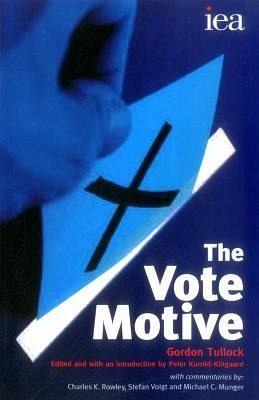
The Vote Motive
Versandkostenfrei!
Versandfertig in über 4 Wochen
15,99 €
inkl. MwSt.

PAYBACK Punkte
8 °P sammeln!
In this classic introductory public choice text, Gordon Tullock analyses the motives and activities of politicians, civil servants and voters. Government 'servants' can most likely be assumed to be pursuing their own interests, just like those in the private sector, although, given the coercive power of the state, the effects can be far from benign. The incentive structures present within public institutions mean that government action may well fail to improve economic welfare and frequently has results different from those intended. The application of the 'economic theory of politics' effecti...
In this classic introductory public choice text, Gordon Tullock analyses the motives and activities of politicians, civil servants and voters. Government 'servants' can most likely be assumed to be pursuing their own interests, just like those in the private sector, although, given the coercive power of the state, the effects can be far from benign. The incentive structures present within public institutions mean that government action may well fail to improve economic welfare and frequently has results different from those intended. The application of the 'economic theory of politics' effectively undermines the market failure approach to government policy-making, which relies on the assumption that benevolent and far-sighted governments are capable of clearing up the failings of private markets. This new edition includes a reflection by Gordon Tullock and commentaries by Peter Kurrild-Klitgaard, Charles K. Rowley, Stefan Voigt and Michael C. Munger. These contributions consider the impact of the original publication of "The Vote Motive" in 1976. Thirty-years later, with public-sector bureaucracies retaining substantial control over large swathes of the economy, it is clear that policy-makers still have much to learn from Tullocks seminal work.



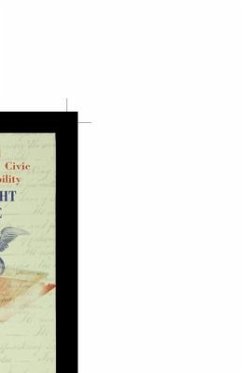
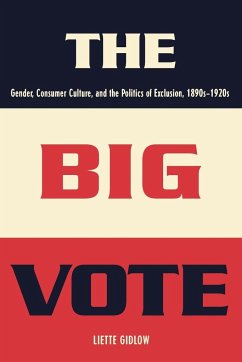

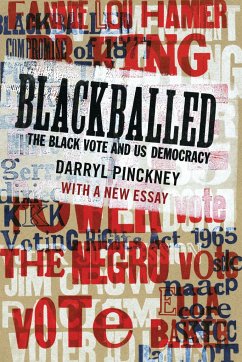
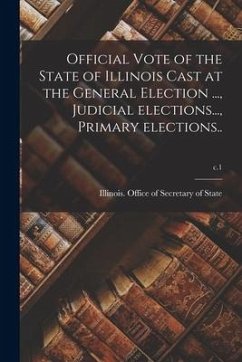
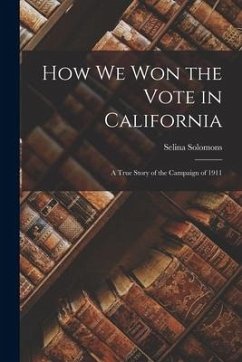
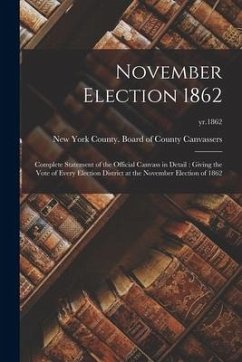
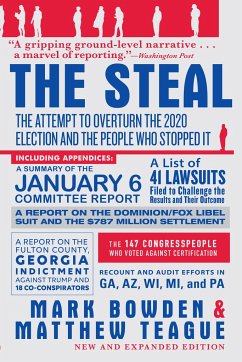
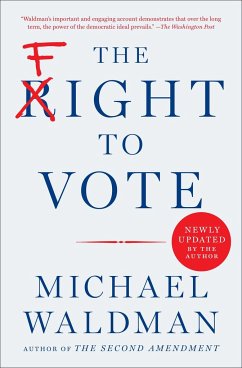
![A Manual of the Law Affecting Voters' Lists for Parliamentary and Municipal Elections [microform]: With Practical Suggestions for the Revision of Vote Cover A Manual of the Law Affecting Voters' Lists for Parliamentary and Municipal Elections [microform]: With Practical Suggestions for the Revision of Vote](https://bilder.buecher.de/produkte/65/65590/65590796n.jpg)